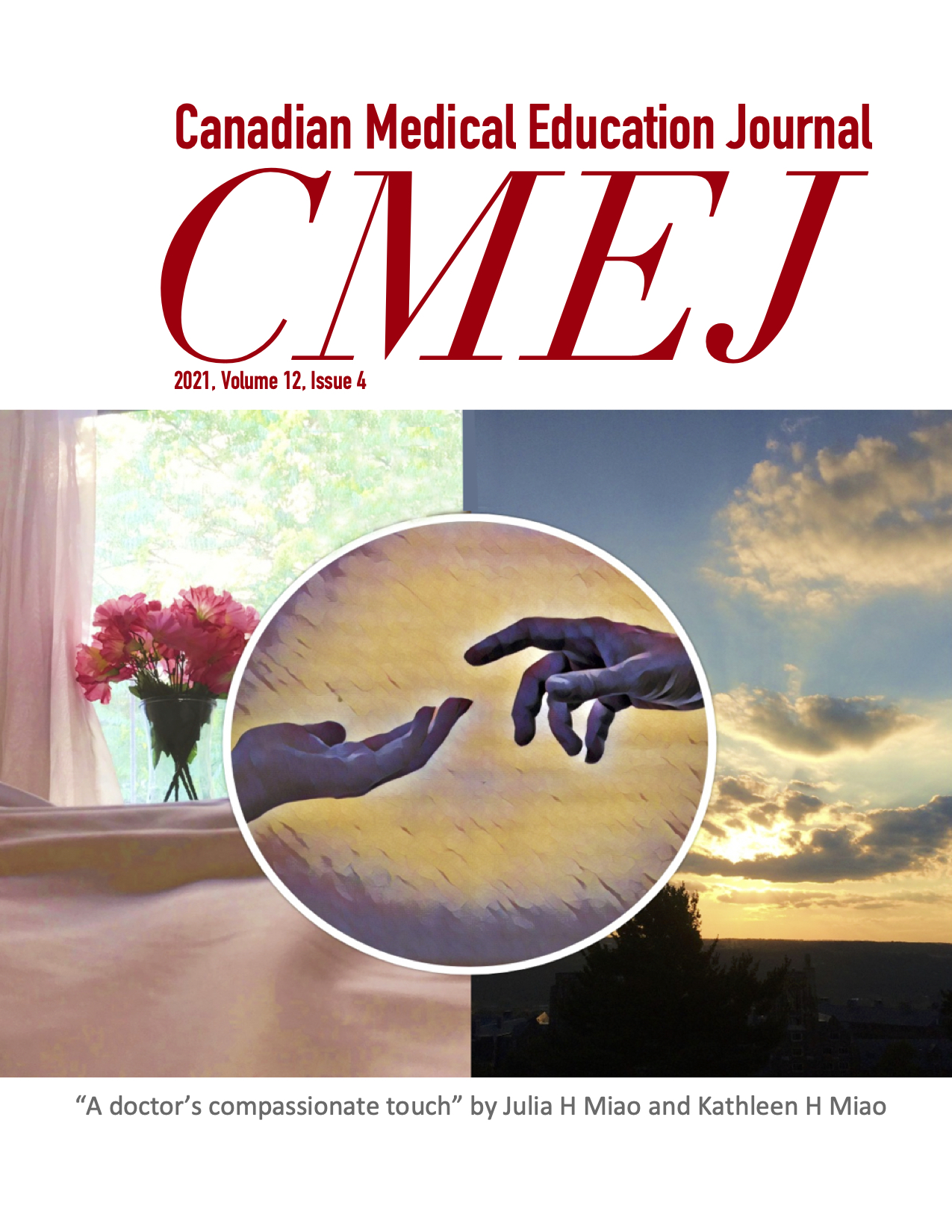Program foundations and beginning of concerns (part 1 of 3). When residents shouldn’t become clinicians: getting a grip on fair and defensible processes for termination of training
DOI:
https://doi.org/10.36834/cmej.70170Abstract
Training programs have the dual responsibility of providing excellent training for their learners and ensuring their graduates are competent practitioners. Despite everyone’s best efforts a small minority of learners will be unable to achieve competence and cannot graduate. Unfortunately, program decisions for training termination are often overturned, not because the academic decision was wrong, but because fair assessment processes were not implemented or followed. This series of three articles, intended for those setting residency program assessment policies and procedures, outlines recommendations, from establishing robust assessment foundations and the beginning of concerns (Part One), to established concerns and formal remediation (Part Two) to participating in formal appeals and after (Part Three). With these 14 recommendations on how to get a grip on fair and defensible processes for termination of training, career-impacting decisions that are both fair for the learner and defensible for programs are indeed possible. They are offered to minimize the chances of academic decisions being overturned, an outcome which wastes program resources, poses patient safety risks, and delays the resident finding a more appropriate career path. This article (part one in the series of three) will focus on the foundational aspects of residency training and the emergence of concerns.
Downloads
Published
Versions
- 2021-09-15 (2)
- 2021-06-01 (1)
Issue
Section
License
Copyright (c) 2021 Karen Schultz, Andrea Risk, Lisa Newton, Nicholas Snider

This work is licensed under a Creative Commons Attribution-NonCommercial-NoDerivatives 4.0 International License.
Submission of an original manuscript to the Canadian Medical Education Journal will be taken to mean that it represents original work not previously published, that it is not being considered elsewhere for publication. If accepted for publication, it will be published online and it will not be published elsewhere in the same form, for commercial purposes, in any language, without the consent of the publisher.
Authors who publish in the Canadian Medical Education Journal agree to release their articles under the Creative Commons Attribution-Noncommercial-No Derivative Works 4.0 Canada Licence. This licence allows anyone to copy and distribute the article for non-commercial purposes provided that appropriate attribution is given. For details of the rights an author grants users of their work, please see the licence summary and the full licence.











